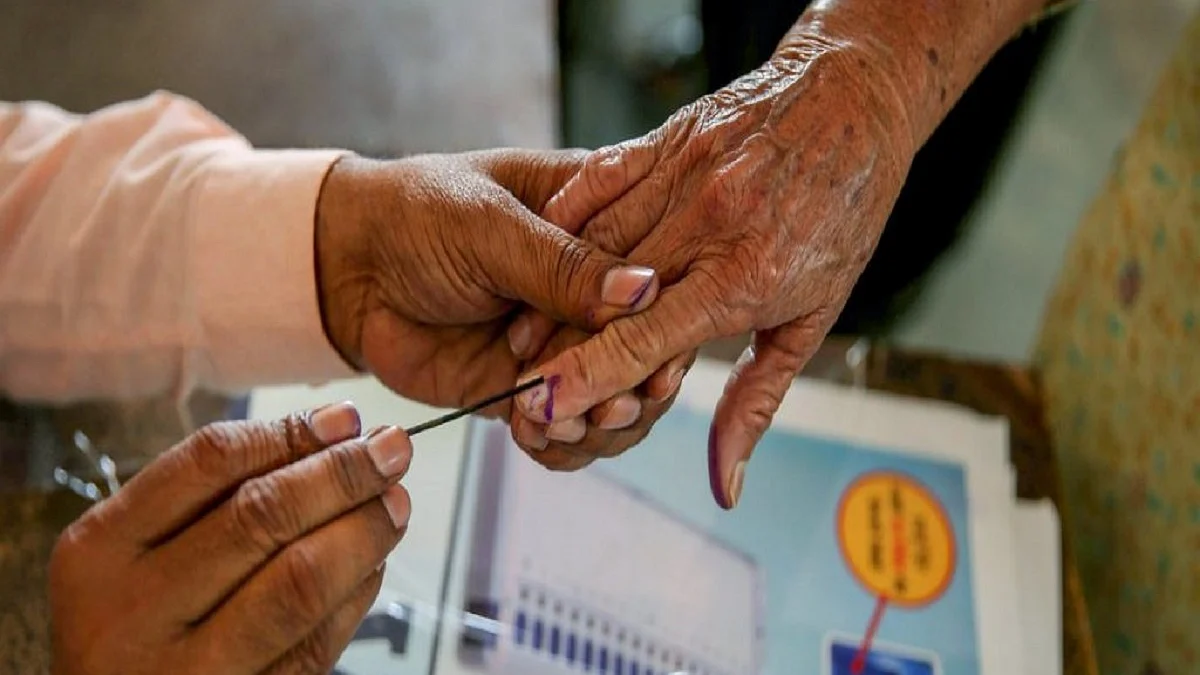SC must adjudicate on plea to freeze Electoral Bonds scheme, which gives BJP a huge edge in poll funding
The vast bulk of electoral bonds go to the BJP. Donations are clearly being made by corporates as 99 per cent of bonds have been purchased in denominations of 1 crore and 10 lakh

The campaign for the state assembly elections in the states of Assam, West Bengal, Tamil Nadu and Kerala along with the Union Territory of Puducherry is in full swing now. The polling starts on March 27 and ends on April 29 and the results will be announced on May 2. The major national parties as well as several regional parties are involved and the outcome will have a bearing on shaping the national polity in the coming days.
Since the Lok Sabha elections of 2014, there has been a sea change in the manner of conducting elections. The political parties are spending heavily on campaigning and social media has been playing a major role in influencing the opinion of the electorate. The expenditure limit of the candidates set by the Election Commission has become meaningless as political parties are free to spend huge amounts for campaigning.
The BJP is taking maximum advantage of the present opportunity by spending huge funds for campaigning, destroying any level playing field in the election campaigning. Both in respect of mobilization of funds from corporates and through electoral bonds, the BJP is much ahead of other parties.
With its huge money power, the BJP was able to organise defections from the Congress in Madhya Pradesh, Karnataka and Puducherry leading to the fall of the Congress led state governments. Similar seems to be the situation in West Bengal where defections are being organised by the BJP with money power taking leading to Trinamool Congress leaders defecting.
All talk of transparency in funding by the corporates is meaningless now as the NDA government has amended a number of Acts to facilitate donations by industrial houses to political parties and this has helped BJP because BJP is firmly in power and its government at the Centre is in a position to help the big houses.
The government amended the Foreign Contribution Regulation Act (FCRA), making it legal for foreign companies to donate to political parties through their subsidiaries in India.
Further, an amendment was brought about in the Companies Act, wherein the cap of 7.5% of annual profits (in last three years) which could be made by companies as donation to political parties, was removed.
An amendment was also made to the Income Tax Act by way of which the requirement of donor companies to disclose details about the political parties to which such a donation is made was removed.
However, the most damaging amendment was brought about in the RBI Act that introduced a non-transparent way of donating unlimited amounts to political parties even through banking channels by purchasing electoral bonds. Electoral bonds or EBs are like bearer bonds which could be given to political parties. The identity of the person who purchases these bonds is not known to the public or even to the Election Commission, but is known to the State Bank of India and through them, the government.
All these amendments together have disproportionately diverted political funding to the party in power, i.e. the BJP, and vastly improved its striking power. The BJP took full advantage of these government decisions in 2019 Lok Sabha elections and it will do so in the coming assembly elections too.
More than 95 per cent of the initial tranche of electoral bonds went to the BJP, and even thereafter, the vast bulk of it has gone to the BJP. That these donations are being made largely by corporates is clear from the fact that more than 99 per cent of the bonds have been purchased in denominations of 1 crore and 10 lakh.
The electoral bonds scheme was opposed by both the Election Commission and the RBI but the government ignored the views of both and went ahead with the scheme, benefitting solely the BJP.
A petition challenging the scheme filed by NGO Association for Democratic Reforms (ADR) has been pending in the Supreme Court though it is of utmost importance in ensuring a level playing field in political funding for elections. ADR has now filed an application for an urgent hearing in the matter seeking an interim stay on the scheme.
As the campaign for the state assembly elections is reaching its peak and there are reports that the BJP is using its huge money power to win elections, it is in the interests of proper functioning of democracy in the country that the Supreme Court gives the ADR petition top priority.
(IPA Service)
Views are personal
Follow us on: Facebook, Twitter, Google News, Instagram
Join our official telegram channel (@nationalherald) and stay updated with the latest headlines
